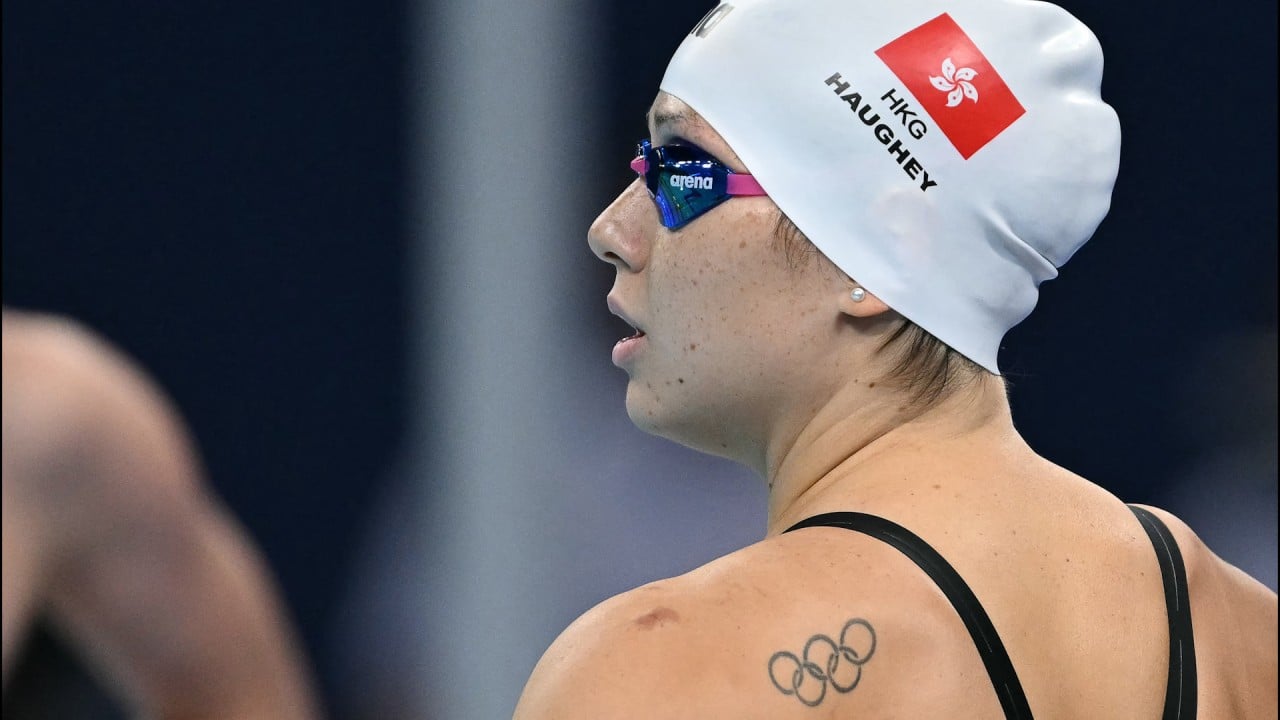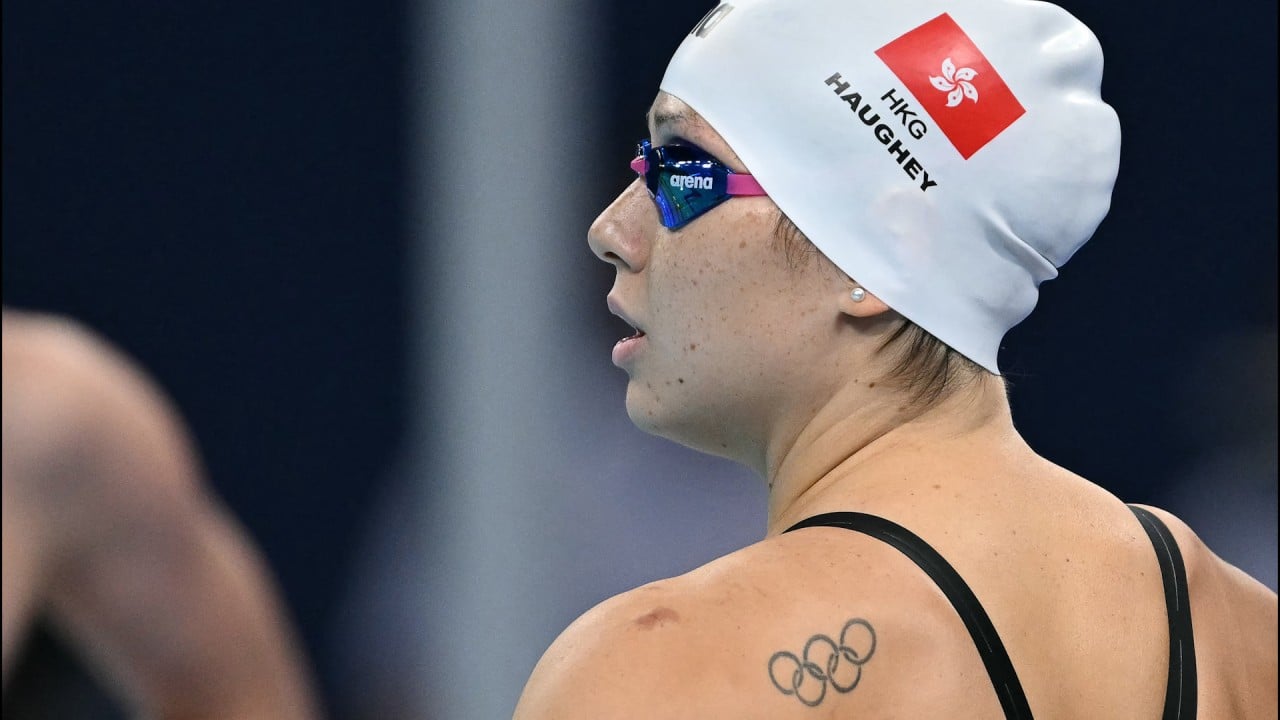Hong Kong’s funding system for sports should be reviewed to better identify potential elite athletes and develop middle-tier ones, a vice-chairman of the body overseeing the sector has said.
Support for athletes returned to the spotlight after local fencers Cheung Ka-long and Vivian Kong Man-wai took home gold, and swimmer Siobhan Haughey won bronze, at the Paris Olympics.
Awards for the medallists have been pouring in from the private sector, including from the Hong Kong Jockey Club, Sino Group founder’s charity, Ng Teng Fong Charitable Foundation and restaurant operator LH Group.
After the city’s medal wins, Hong Kong Sports Institute vice-chairman Vincent Cheng Wing-shun called for a review of the government’s three-tiered Elite Vote Support Scheme.
“I feel that the direction we have been taking with the Tier A* sports like badminton, table tennis and fencing is good, and support has constantly been improving,” Chen, who is also a lawmaker, said on Wednesday. “But for Tier A and Tier B sports like judo, squash and triathlon, these actually have a lot of potential to develop further, especially the category B sports.”
Putting more resources into the lower tier could help athletes move into the higher ranks, he said.
“Nowadays, everyone is wondering, besides developing sports like fencing, swimming, table tennis and badminton, do we have other events that can rise up as well?” he said.
The government, through the institute, provides funding for sporting events and athletes through the A*, A and B tiers.
Sports in the top tier have been identified as ones in which the city has the potential to excel at the Games, such as cycling, table tennis, windsurfing and fencing, with athletes given the best resources and provided with enhanced training.
Tier A sports are ones in which the city has fielded athletes in past Olympics or at the Asian Games, and is set to continue to do so. Competitors receive funding for elite training programmes, dedicated coaches, full sports science and medical support, and athlete development programmes. Examples include gymnastics, squash and tennis.
Remaining events such as Dragon Boat racing, judo and mountaineering receive funding and support depending on individual circumstances.
Cheng cautioned however against spreading resources too thin, saying a balance needed to be struck so elite athletes could achieve good results.
“If everything receives investment, funds may become too scattered,” he said.
It was also important to help the sports sector develop into a self-sustaining industry through various platforms, he said, adding it should be a “key focus area” for the year.
Such efforts included pushing for event commercialisation and more opportunities for individual athletes to secure advertising and endorsements deals so they did not have to rely solely on government funding.
“The hope is to have private organisations take the initiative to organise such events, using a more commercial model,” he said.
But that private sector backing would need to be constantly reviewed to avoid fiascos such as football superstar Lionel Messi’s failure to play during a much-anticipated and advertised friendly in February.
The government gave HK$863 million (US$110 million) to the sports institute in 2023-24 to nurture about 1,300 elite athletes, 550 of whom were competing on a full-time basis. The financial year’s budget also included HK$33 million from the institute’s reserve.
Additionally, the government injected HK$250 million into the Hong Kong Athletes Fund in 2020 to increase scholarship awards to support the dual career development of athletes who were also studying.
The private sector has also offered support. Cheung and Kong will each receive HK$6 million from the Jockey Club’s Athlete Incentive Awards Scheme launched in 2023, while Haughey will pocket HK$1.5 million for her bronze.
The Ng Teng Fong Charitable Foundation said it was giving HK$100,000 each to members of the Hong Kong team, including athletes, coaches, medical personnel and managers.
“We recognise and appreciate that each and every member of Team Hong Kong represents Hong Kong and are trying their utmost best,” said Sino Land group chairman and foundation director Daryl Ng Win-kong. “Sport has the power to bring people together, and inspires hope and positivity.”
The athletes have also secured various brand deals, including Cheung for French fashion house Dior and Haughey for airline Cathay Pacific Airways.
Henderson Land donated HK$7.2 million to the University of Hong Kong in 2022 to set up a scholarship to award HK$400,000 to each outstanding athlete admitted through direct admission.
Hong Kong team representatives at the Paris Olympics including Tse Ying-suet, Cindy Cheung Sum-yuet and Colemen Wong Chak-lam are beneficiaries.



